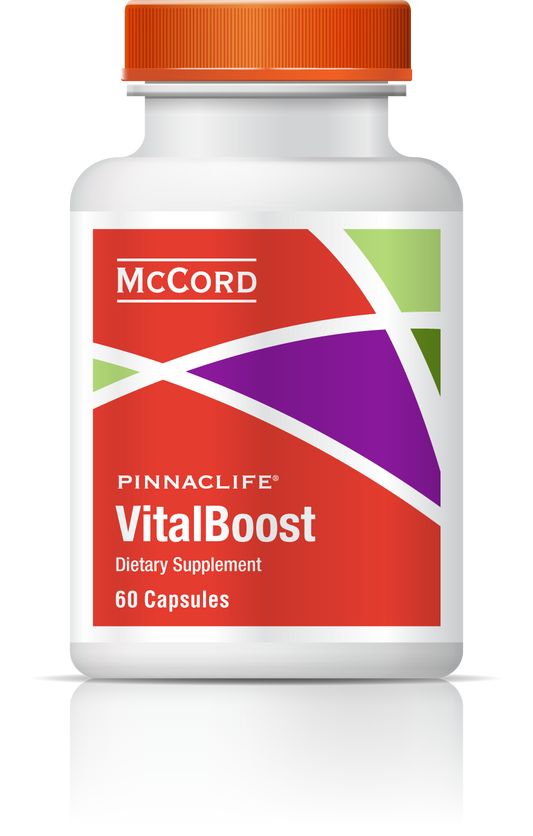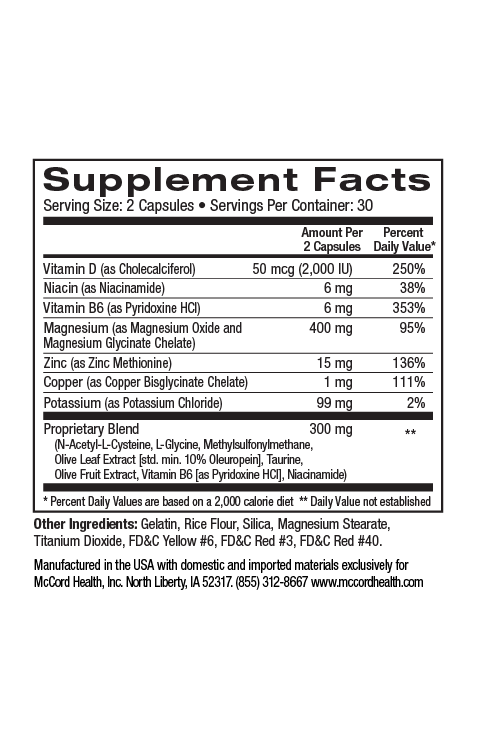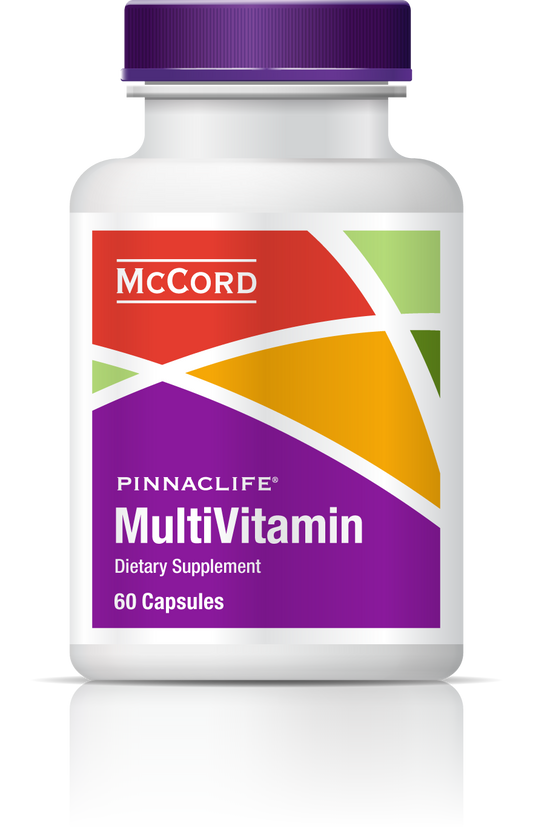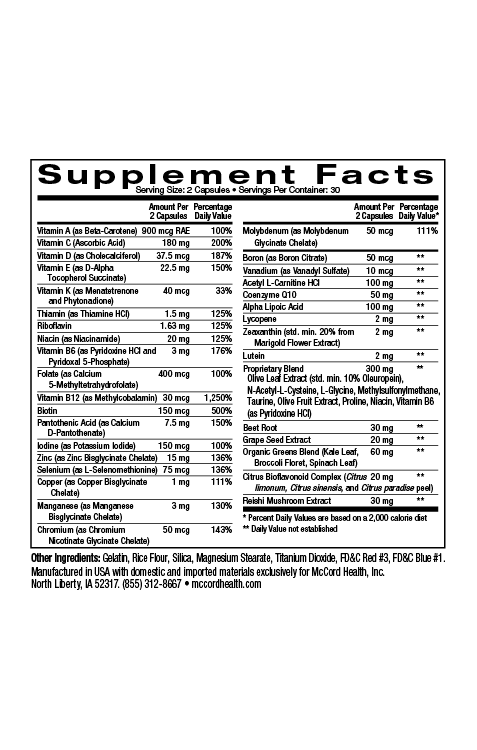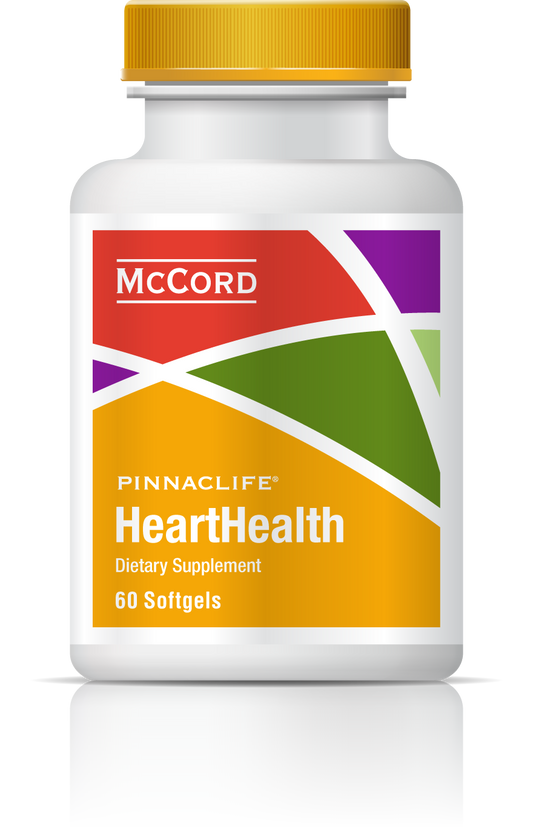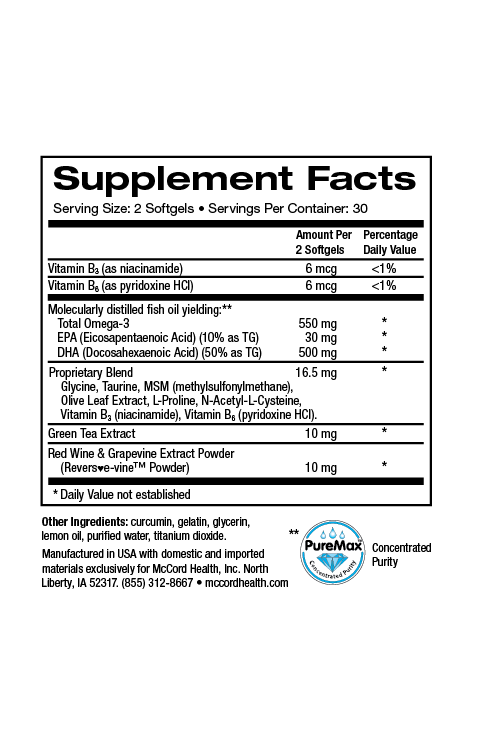Folate deficiency is linked with high homocysteine levels that have been associated with increased risk of cardiovascular disease. Low levels of folate are also found in patients with rheumatoid arthritis. Certain drugs like methotrexate interfere with folate metabolism. Folate levels may also be low in people who take anti-epileptic drugs. Proprietary Blend MultiVitamin can help remedy folate deficiency.
- Folate deficiencies are linked with high homocysteine levels that have been associated with vascular damage and cardiovascular disease
- Supplementation with folate decreases homocysteine levels
- Methotrexate and related drugs used to treat rheumatoid arthritis, psoriasis and other health issues can produce folate deficiency
- Folate deficiency is also associated with cognitive dysfunction
- Many drugs taken for epilepsy can cause folate deficiency
- Folate supplementation is recommended for patients who take specific antiepileptic medications
Folate also known as folic acid or vitamin B9, is essential in almost all tissues in the body (including the brain) for one-carbon transfer reactions required for the synthesis of DNA (and RNA) nucleotides (including thymine), as well as the metabolism of amino acids and methylation reactions1-3. In fact, deficiencies in folate can cause a reduced methylation status that can result in the misincorporation of uracil (instead of thymine) during DNA synthesis, and this may contribute to poor health outcomes with aging2.
Folate deficiencies during pregnancy are well-known for being associated with developmental disorders in the fetus. Folate deficiencies are also linked with high homocysteine levels4. Homocysteine is derived from the essential amino acid methionine that is converted to homocysteine via S-adenosylmethionine (SAM). Elevated homocysteine levels have been associated with increased risk of cardiovascular disease, and supplementation with B vitamins including folate have been shown to reduce homocysteine levels2,3.
Serum folate levels have been shown to be low in a high percentage of patients with rheumatoid arthritis. Methotrexate, a drug used as low doses to treat psoriasis, rheumatoid arthritis and certain liver disorders interferes with folate metabolism5. A number of related drugs including methotrexate, aminopterin, pyrimethamine, trimethoprim and triamterene can produce folate deficiency6. Methotrexate is also used in the treatment of many cancers due to its inhibition of cell division, which occurs rapidly in cancer cells, as well as immune cells during inflammation7.
Although folate is found in fresh green leafy vegetables, liver, yeast and some fruits, the most common cause of folate deficiency in older people is low dietary intake8,2. In fact, high prevalence of low dietary folate was reported in a study of older adults in Western countries, and folate was identified along with other B vitamins as a nutrient of potential public health concern. Deficiency in folate can result in megaloblastic anemia, characterized by abnormally large blood and bone marrow cells. Folate deficiency has been associated with increased bone fracture, and lower folate status has been linked with cognitive dysfunction and decline2.
Under-diagnosis of late life depression is common and individuals with neurodegenerative disorders including Alzheimer’s and Parkinson’s disease are at high risk of depression. Increased homocysteine levels are also found in patients with depression. In addition, studies have demonstrated that a low folate status is associated with dementia (particularly Alzheimer’s disease) and depression in older individuals. Moreover, low folate levels are linked with poor responses to antidepressants. The role of folate in depression is likely due to its role in transmethylation reactions that are critical for the production of neurotransmitters such as serotonin. High homocysteine levels can also lead to vascular damage that can contribute to cerebral dysfunction4.
In addition, folate levels may be low in people with epilepsy who receive certain antiepileptic drugs (AEDs). In fact, serum and red blood cell folate levels are reduced up to 90% in patients receiving phenytoin (PHT), carbamazepine (CBZ), or barbiturates. As previously mentioned homocysteine levels are elevated with folate deficiency, and this occurs prominently in individuals taking specific AEDs including CBZ, PHT, phenobarbital (PB) and primidone (PRM). The AED, valproic acid (VPA) is also associated with folate deficiency. Folate supplementation is recommended for men and women with epilepsy receiving AEDs to ensure that they have adequate levels of folic acid8.
Getting enough folate from one’s diet may be difficult, but could be critical for heart health, cognitive functioning, vascular health and neurotransmitter production. Pinnaclife® uses the natural methylated form of folate (5MTHF) in MultiVitamin and Brain Health Supplements. Pinnaclife® MultiVitamin and Brain Health include impeccably sourced ingredients that have undergone rigorous scientific review to prove that they renew, restore and repair cells.
References
- Ageing Res Rev 2015; 22: 9-19.
- Nutrients 2016; 8: 725: 1-29.
- Stroke Vasc Neurol 2018; 3: e000156: 51-58.
- J Psychopharmacol 2005; 19(1): 59-65.
- Eur J Clin Nutr 2000; 54(Suppl1): S69-S74.
- Drugs 1985; 30(2): 145-155.
- Cancer Manage Res 2010; 2: 293-301.
- Epilepsy Currents 2002; 2(2): 31-34.

